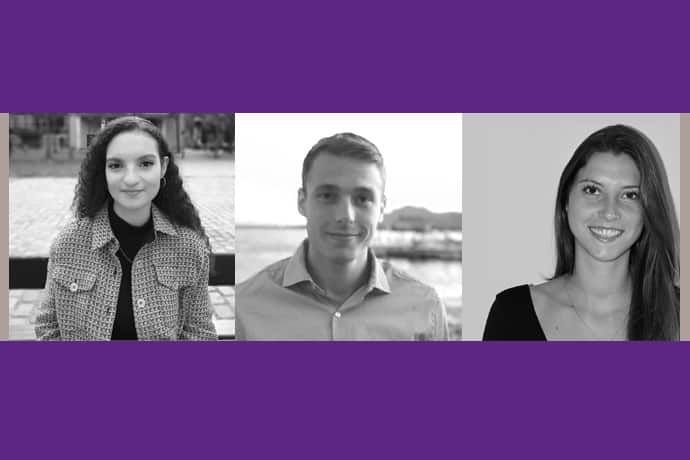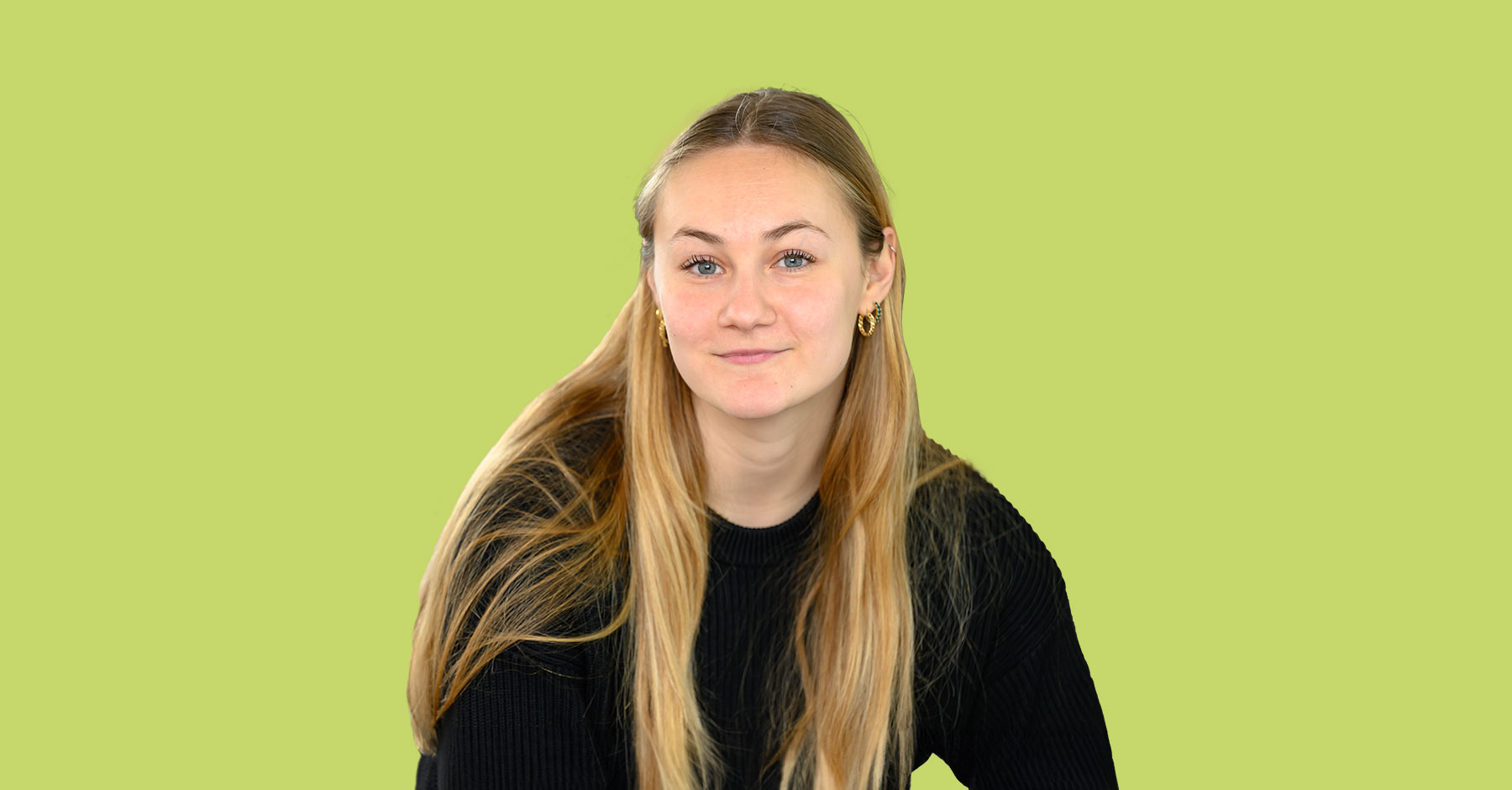Web Analysis: NEOMA students become consultants for the start-ups of the Lab
Published on 04/12/2021
Thematics :


Web Analysis: NEOMA students become consultants for the start-ups of the Lab
Published on 04/12/2021
Facing real professional issues as a learning experience is an educational model NEOMA firmly believes in. On the initiative of Françoise Collard, Head of the specialist Master course in Marketing and Data Analytics, the teaching staff of Omnichannel and Web analysis therefore organised a real-life case study and their students became consultants for start-ups. Here’s the feedback from this particularly enriching experience.
For two months, students on the Specialist Master in Marketing and Data Analytics at NEOMA worked as a consultancy for young companies Poétique Paris, Mama Matcha, Nénés Paris and Happy Larry, all in incubation in the Startup Lab. Their mission was to develop the traffic on their websites. “My students took on the role of external consultants, like Web Analysts, the kind of post they may well go on to occupy in web marketing agencies,” explains Françoise Collard, Head of the Master course. Like in a consultancy, each group carried out a full audit of the website: Analysis of web data, identification of the customer pathway and of sources of traffic, use of Google Analytics and of Google Data Studio.
“Make no mistake: data analysis used for marketing purposes is not just a matter of figures and sales performance but it’s also about relating to others and empathy!” Françoise Collard.
The first objective of this exercise was to measure the students’ mastery of the notions encountered during the first months of the course, while evaluating their ability in terms of soft skills. This challenge was a success. The second objective was to put the students’ knowledge of web marketing at the service of the School’s fledgling businesses. And all within the philosophy of the virtuous circle! “Another challenge was met as our students presented and discussed their projects directly with the CEOs of the start-ups through a series of thirty-minute viva presentations with question and answer sessions,” continues Françoise Collard, Professor of Marketing. Key to this exercise was the proposal of innovative and relevant solutions that could be implemented immediately by the start-ups.
 MARGAUX DE MONTULE, student
MARGAUX DE MONTULE, student
“It was very intensive. In the space of a month, we had to obtain our Google Analytics certifications, understand the brand, analyse its product, the trends, how they communicate, at what pace, and more, all at the same time. And then we had to write up our observations. In the case of our start-up, we had spotted a problem with targeting. The product was intended for women, but half the visitors to the site were men. The bounce rate was quite considerable. We wanted to find out why.
In the end, we presented a dossier with our analyses, our action plans, and our recommendations. As I presented this, I felt as if I was from a real professional agency. The speech had to be made accessible to non-specialists, as start-ups do not all have that level of technical knowledge. It was stressful and exciting: we were dealing with professionals, we wanted to be credible. We worked on it for two very intensive months, we really thought about it day and night, we got right into it, but there was no reason for our conclusions not to be legitimate, just because it was only a two-month project. It was one of the best projects I’ve done at NEOMA.”
 MAXIME REITH, student
MAXIME REITH, student
“We went into teams of 4-5 students, and chose our start-up. Then we had access to Google Analytics for companies. It was the first time most of us had used that tool. When we managed to access 100% of the data, we chose a main direction for our analysis. Because you could analyse everything. If we didn’t set our analysis firmly in the context of the company, if we didn’t adapt it to a framework, here we used ‘AARRR’ (acquisition, activation, retention, reference, revenue), it would lose relevance. Especially with a little start-up with a growth strategy.
The amount they were paying to sponsor their listing was not always relevant. Most of the visits came from an enquiry that had nothing to do with their product. We gave them some recommendations, suggested altering their hours, and, most importantly, we built them a dashboard connected to Google Analytics so they could directly monitor the evolution of the chosen indicators.
We do case studies in every module of the course, either on fictional data or on a real case. But this was the most realistic exercise I have ever had to do. The closest to a real professional one. It was the first time I had done web analysis, we did it like an auditing and strategy company. We really learned a huge amount.”
 MAGALI TREUVELOT, student
MAGALI TREUVELOT, student
“We did classes on scoping: what were our client’s instructions and their problems, their questions, what they wanted to improve in their performance, their conversion rates, and their traffic. We made ‘branding plans’, which is what a web analyst does when they create a website. The idea is that you think about the tags, and all the variables you can include. I’d never heard about that before, I learned a lot.
We used the KPI ‘AARRR’ framework (acquisition, activation, retention, reference, revenue). We re-transcribed it onto our dashboard with different indicators. That enabled us to see how the website was performing. Then we recommended that they first work on their acquisition, and on the UX of their site.
I really enjoyed this project, I felt I was more involved, because I knew my work was going to be useful, and that it would be used by the start-up. The start-up trusted us. And we all saw our skills increase considerably.”

